Today, September 19th, 2022, was a historic day that was witnessed by billions of people around the globe. The funeral of the United Kingdom’s longest reigning and second-longest reigning monarch ever, Queen Elizabeth II. The legacy of Queen Elizabeth and her life could fill up whole biographies, movies, and TV shows, as seen with the five-season TV show, The Crown. But we’re focusing on a more narrow issue here today. Should Canada abolish the monarchy?

Ever since becoming a dominion in 1867, has had the reigning British monarch as its head of state. While the reigning monarch has no real power and can’t physically come to Canada or always be here, they are represented by the Governor General. Then in the provinces and territories, they are represented by Lieutenant Governors and so on. Canada follows a system similar to that of the British parliamentary system, with a prime minister as the official head of the government and a parliament.
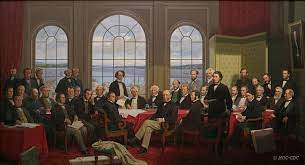
But we do not have a House of Lords; we instead have an unelected Senate, modelled on that of the United States senate system. Members of Parliament are elected by the general public in Canada in their ridings, and there are 338 of them in Canada. In the Canadian Senate, the prime minister chooses someone to become a senator to represent a particular part of the country, and the Queen swears them in. Canada’s electoral system is also first past the post, where whoever gets the most percentage of votes in a riding becomes the MP for that particular riding. Usually, whoever gets the most seats creates the government. If you get below 180 seats, it’s a minority government, and over 180 is a majority government.

The current Prime Minister of Canada is Justin Trudeau, the son of former Prime Minister Pierre Trudeau and the current leader of the Liberal Party.
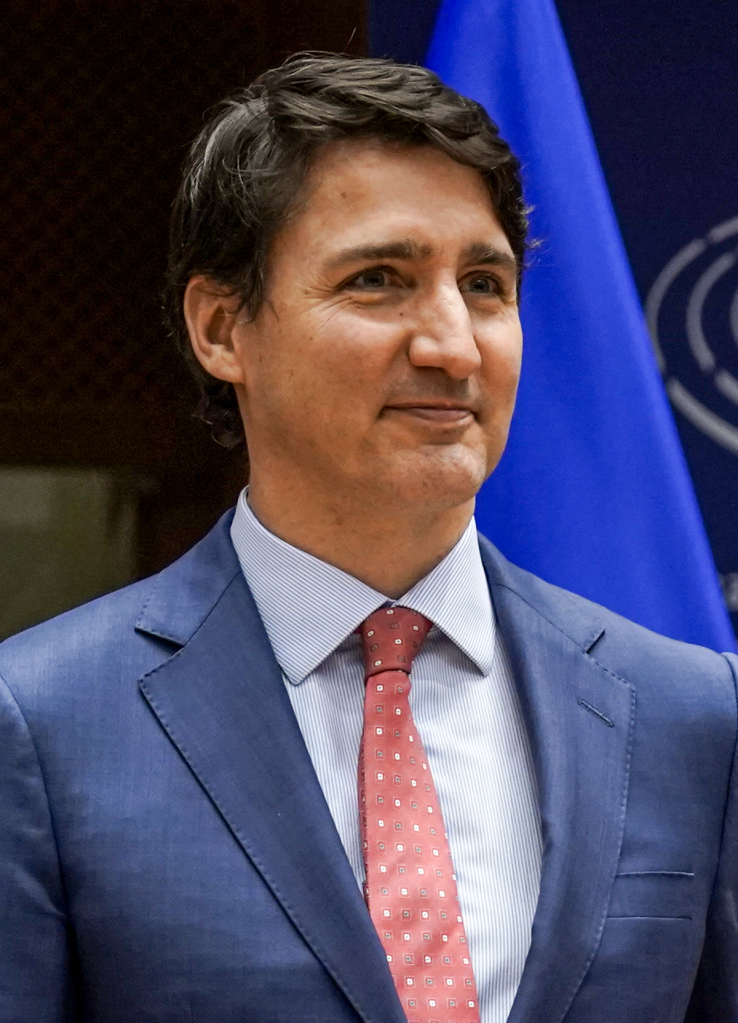
The reason why I gave you such a detailed overview of the Canadian political system is to give you an idea of how we function as a country. Canada is a constitutional monarchy and we have always been one. But with the recent passing of the Queen, recent revelations about residential schools, the legacy of the British Empire and colonialism, and if it’s still important and relevant in this day and age, have had people questioning it. Does Canada still need a monarch?
Canada is part of a larger system of nations, mostly made up of former British colonies, known as the Commonwealth of Nations. Other nations, such as New Zealand and Australia, have similar systems to that of Canada when it comes to government. However, countries such as South Africa and India, which are republics, are part of it and don’t have monarchs in their government in any way.

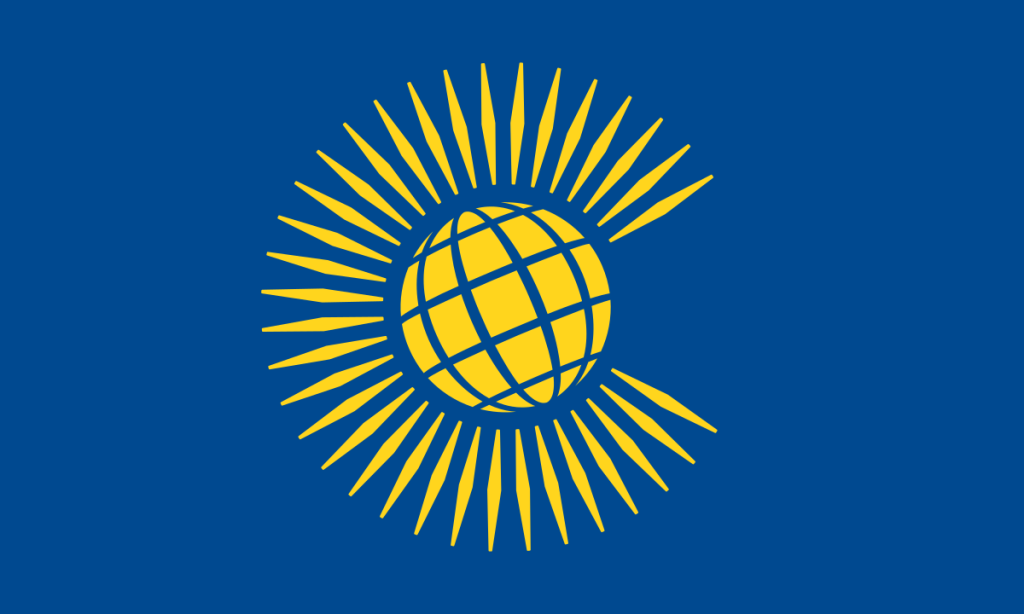
Countries such as Barbados recently cut ties with the monarchy and have turned into republics after 2020, with the George Floyd protests acting as a catalyst. Wishing to distance themselves from their colonial past and reckon with it, they transitioned into a republic. While Barbados is a minor island country, this pushed further along a conversation that had been happening for a long time in Canada. New Zealand, a staunch constitutional monarchy within the Commonwealth itself, may transition to a republic in the next 20-30 years, according to its PM, Jacinda Adern.
Let’s talk about the arguments for it first, for abolishing the monarchy in Canada. The King and the royal family and the institution that is the monarch are outdated and racist and represent a dark past in the form of colonialism. So, therefore, because of this, we should ditch the monarch.
I find this to be a pretty sound and valid argument for abolishing the monarchy. Over the past year and a half, Canada has had a national reckoning with our former residential schools, and the monarchy played a huge role in it. Besides the Catholic and Anglican churches, they also mainly help set up the system of schools. Horrible physical, mental, and sexual abuse occurred at these schools. To quote the government itself, they sought to “kill the Indian in the child”. The Canadian government forcibly took away First Nations children from their parents to try “and make them more civilized and Christian,” which more or less was a form of cultural genocide. While the various churches have said sorry, the British monarchy never has itself.
When Canada was first settled, the British government, with the consent of the monarchy, signed various treaties that stole land from the First Nations. This forced them onto reserves where there was no chance of economic growth. The land was poor for farming and drinking water was hard to come by. After 155 years, there are still many reserves without proper access to drinking water.
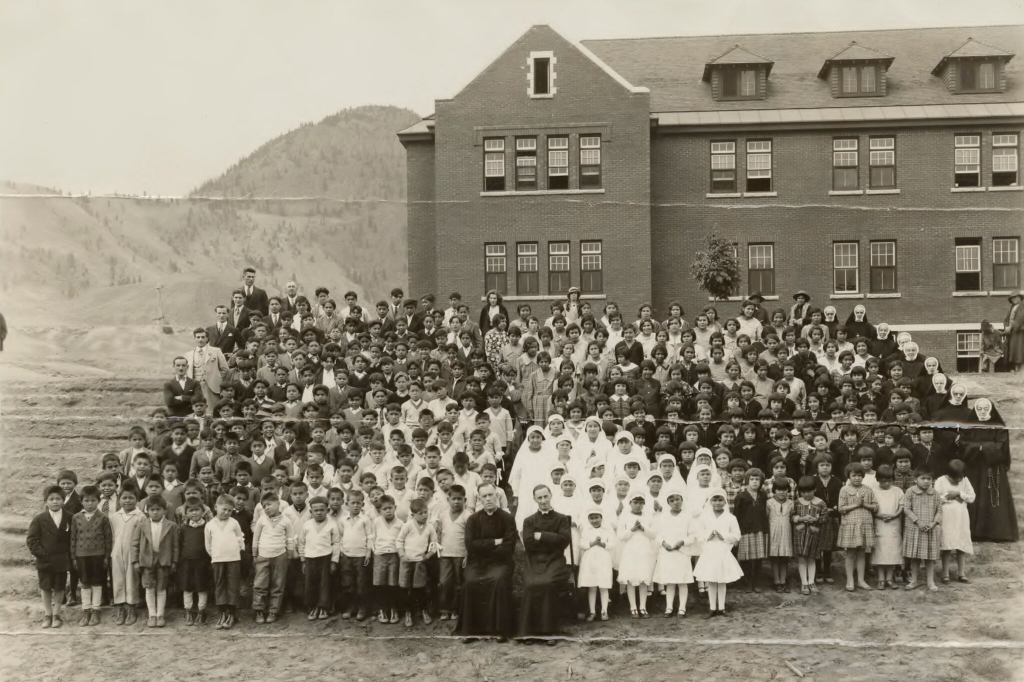
This ties in with a wider problem with the legacy of British colonialism. Britain, throughout its history as a colonial empire, waged many wars and forced the assimilation of cultures they conquered. Millions died as a result of wars, diseases, and other causes. This more or less was a form of genocide. While this may be a problem for some, it’s the truth that Britain would send missionaries and people to colonize their conquered land, with resources and troops to acclimate the local culture to be more white, Christian, and British.

The legacy of British colonialism is still being reckoned with today, and within the Commonwealth nations, critical discussions about its legacy are occurring for the first time in the last 50 years or so. Given how Britain was the largest colonial empire and the victor in both world wars, and the horrible side effects of their empire, they wrote the history books. This allowed them to control the narrative and how people remembered them, as well as to hide their mistakes. While the world would be a very different place without the British Empire in World War II, they should not have done all the horrible things they did during colonialism.
The last argument really for getting rid of the monarchy is that it’s not relevant in today’s day and age. Ever since the English Civil War and the Glorious Revolution, the British monarch has been constitutional. With the Industrial Revolution, the expansion of the vote to women and minorities, and the rise of the labour movement, the British monarchy lost more and more power. Today, more or less, it functions as a figurehead, not having any real power. They can appoint the Prime Minister based on the vote, dissolve parliament on the request of the Prime Minister, give advice and give royal assent to bills. The Queen can’t block any bills or do anything that goes against the will of the people, such as dissolving parliament, appointing ministers without the advice of the PM, or blocking bills. The monarch also no longer retains absolute sovereignty, having distanced itself from being ordained and chosen by God.
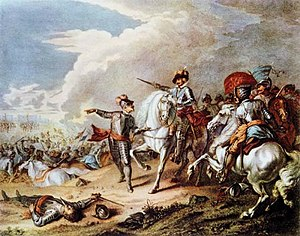
As the current British monarchy is over 1000 years old, and most countries today have transitioned to some form of republican government, it’s time for it to catch up. With Meghan and Harry’s departure from the royal family because of claims of racism, there have been more calls for the monarchy to reform or be done away with.
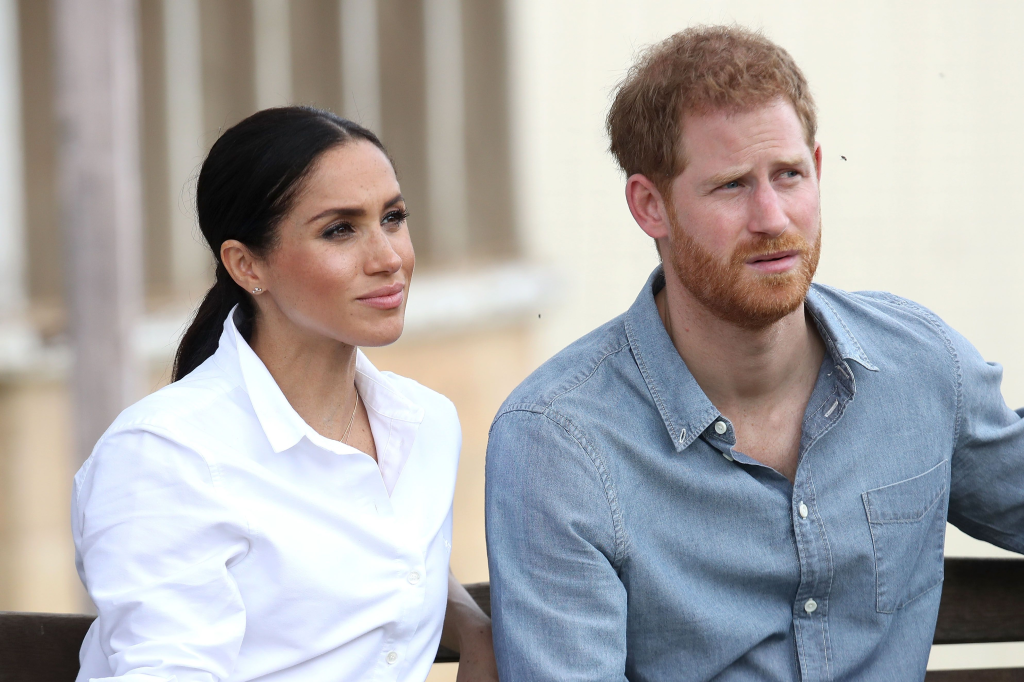
I see this argument as less valid than the other, as it wouldn’t make much difference, as the monarchy holds no real power.
The main reasons for keeping the monarch are that it’s an excellent source of tourism revenue, it acts as a stable figure in international and domestic politics, and it’s important to honour its traditions.
I find these to be good arguments to support keeping the monarchy, but it needs major reform. Despite the Queen not actively playing a role in colonialism, as the United Kingdom is a constitutional monarchy, she is the figurehead. She oversaw the last 70 years of British history, including decolonization and the horrible aftermath of that. She represents the old, colonial imperial class of Britain and represents Britain’s colonial history, and therefore the monarchy should be held accountable for that.
So, if Canada wants to replace the monarchy, what would have to be done? Well, the house, the senate, and the ten provinces would all have to agree unanimously to abolish the monarchy. Good luck with this, as it’s likely that conservative provinces such as Alberta would block such a thing. This includes every Conservative, Liberal, NDP, Green, and Bloc Quebecois MP in parliament having to agree to do such a thing, which is impossible. The monarchy would have to do such a terrible thing, or the Canadian people would willingly elect politicians that wish to abolish the monarchy. This makes the challenge of getting rid of the monarchy next to impossible.
According to polls and an article from the Guardian, 50–60% of the Canadian population wishes to abolish or hold a referendum on Canada’s ties to the monarchy.

If Canada somehow managed to abolish the monarchy, we would most likely transition to a republic. Instead of a Governor General, we would have an elected president that would fulfil the role of the GG. They would hold no real power, remaining largely in a ceremonial role and fulfilling many of the duties of the GG and representing Canada aboard. Canada would still have a prime minister and you could see a republic similar to that of France or Germany. In France and Germany, though, the president and prime minister each have different levels of power. The levels of responsibility that the president and prime minister would have are a discussion for another day.
My thoughts on abolishing the monarchy? I don’t think it would make any meaningful difference in my life. It has no real effect on my life. Sure, it would change how Canada is governed, but it wouldn’t really change the day-to-day lives of most people.
I’m personally more in favour of keeping it as it’s a stabilizing influence and can act as a rallying point for Canadians. But the monarchy needs major reform and needs to say sorry for its colonial past, especially in relation to First Nations peoples in Canada.
Hopefully, under King Charles ( can’t believe I’m saying that), he seeks to change the image of the monarchy, and hopefully, this is for the better. I hope he is able to acknowledge the role the monarchy played in colonialism and the horrible consequences of that. Only time will tell.